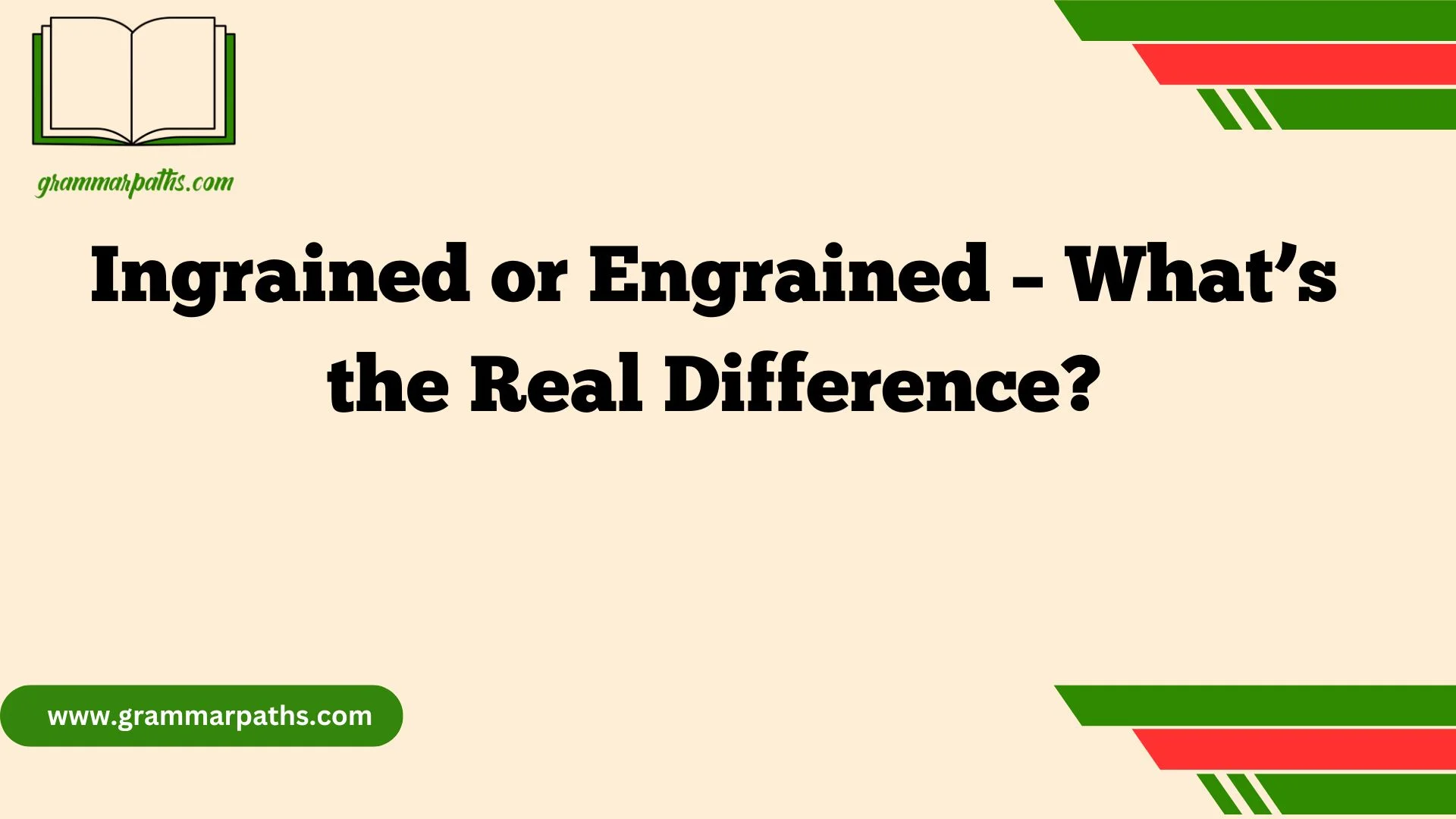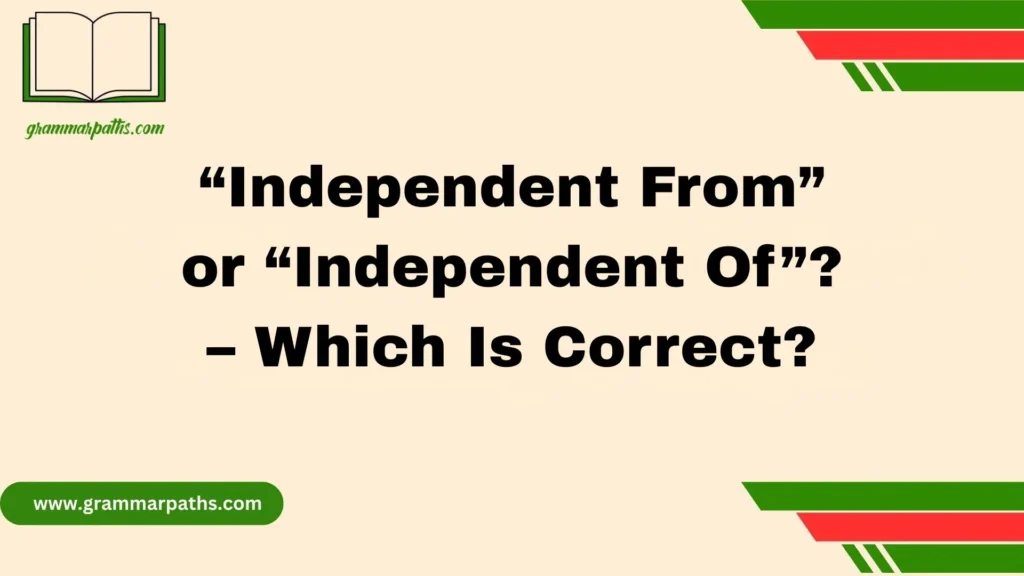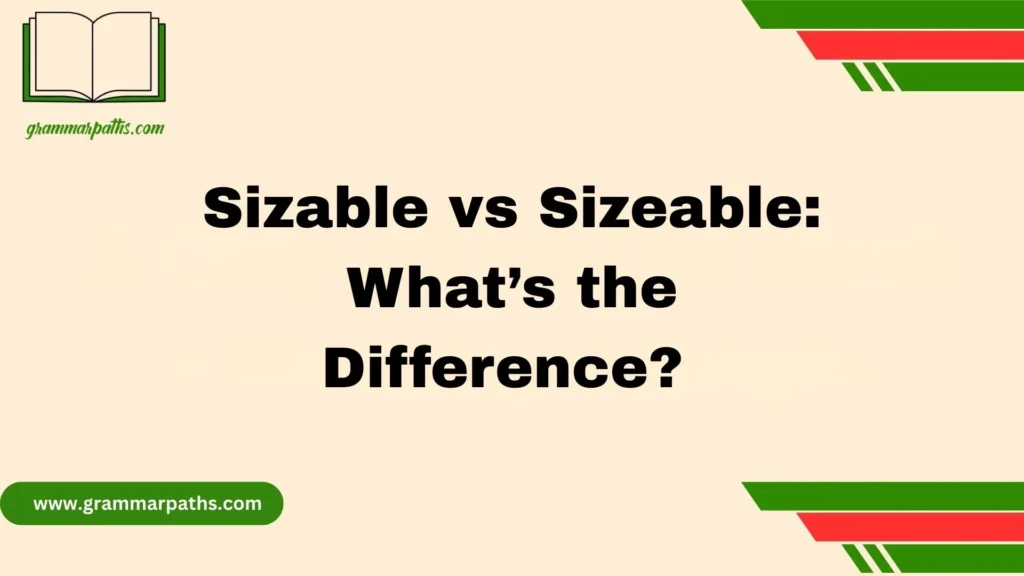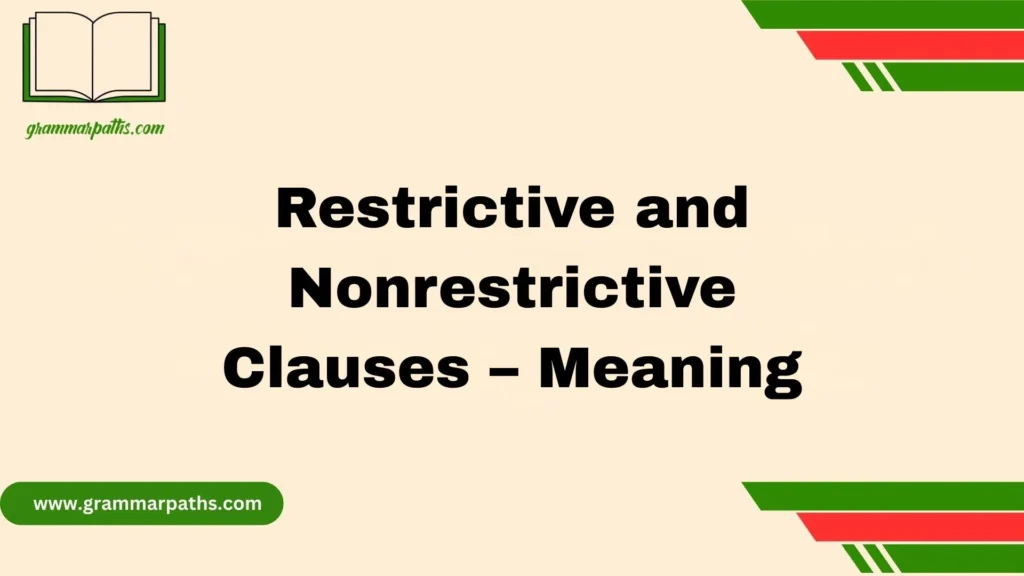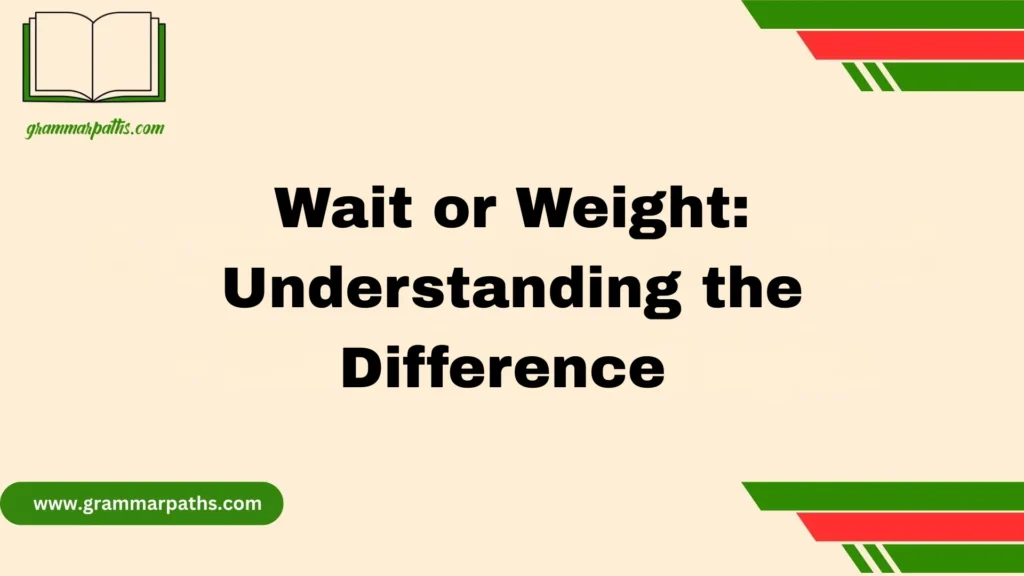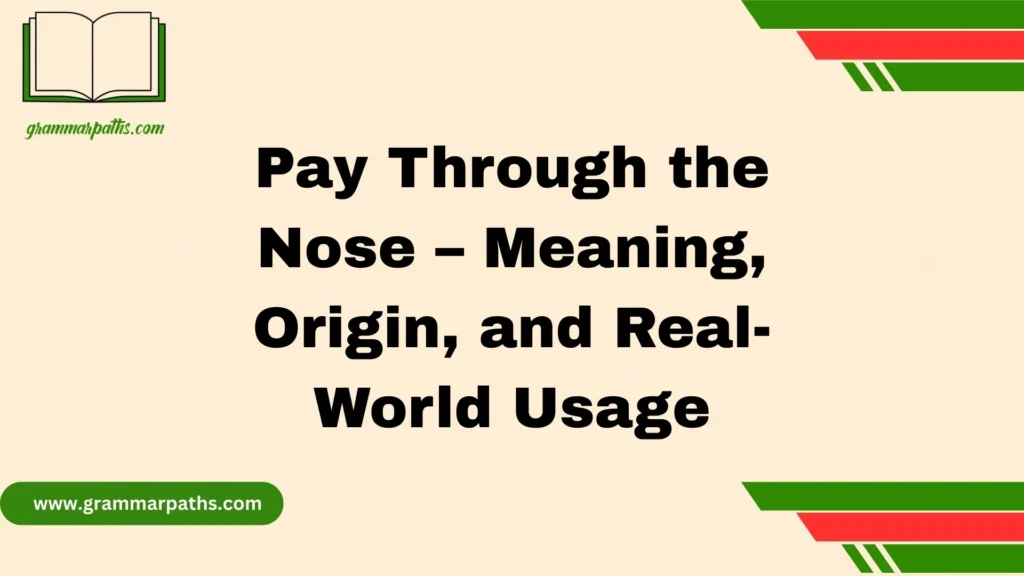When I first noticed the spelling difference between engrained and ingrained, I was lost in one of my favorite books. At first glance, they looked almost identical, which explains why so many people feel genuinely confused by them. It’s one of those tricky pairs, and I’ve seen both forms misused, even in published content. But here’s the key: only one is widely recognized as correct in modern usage, and that’s “ingrained.”
I gave the issue some real thought, did my research, and came to understand what each version could imply and when to use it. Over time, I discovered that ingrained has been the preferred spelling and the more historically dominant form. On the other hand, engrained is considered a less common and now rather dated variant.
If you’ve ever paused, uncertain about which one to pick, trust me — after digging through style guides and expert sources — the safe bet is ingrained. This isn’t just about grammar rules; it’s a reflection of how language evolves and adapts. Once you understand how usage changes and which forms become widely accepted, the confusion fades.
This small distinction highlights the beauty and depth of English. Honestly, that’s what makes learning the language so incredibly rewarding. Every tiny nuance is a step toward mastering its complexity — and that’s something to embrace.
What Does “Ingrained” Actually Mean?
At its core, “ingrained” describes something deeply fixed or firmly rooted, often in a way that’s hard to change. Think of habits, beliefs, or traits that become part of your identity over time. When something is ingrained, it’s almost like it’s etched into your being.
Common Uses of “Ingrained”
- Ingrained habits: Those stubborn routines you follow without thinking.
- Ingrained beliefs: Ideas or values passed down and firmly held.
- Ingrained behavior: Actions or reactions that are second nature.
For example, you might say:
- “She has an ingrained sense of discipline from years of training.”
- “The fear of failure is ingrained in his mindset.”
The word implies permanence and depth, not something superficial or temporary.
Origins and Etymology: Tracing “Ingrained”
Understanding a word’s history often reveals why it means what it does today.
Ingrained traces back to the verb “ingrain,” which literally means to fix dye into fabric so that it won’t wash out. The word comes from the prefix “in-” meaning “into,” and “grain”, referring to the fibers or texture of the fabric.
Originally, ingrain was a technical term in dyeing, describing how color penetrated deeply into cloth fibers. Over time, the meaning broadened metaphorically to ideas and traits firmly embedded in a person or thing.
Summary of origins:
- Root: Latin and Old French influence through textile dyeing terminology
- Literal: To fix color deeply into grain/fibers of cloth
- Metaphorical: Deeply fixed ideas, habits, or characteristics
What About “Engrained”?
Engrained shares the same meaning as ingrained but appears far less frequently in modern English. It also comes from the verb “engrain,” which historically meant the same as ingrain.
The prefix “en-” also means “to cause to be” or “to put into,” making engrained a variant spelling influenced by similar patterns in English.
Why is “Engrained” Rare?
- Historically, both forms appeared in literature, but over time, ingrained became dominant.
- Engrained feels archaic or regional, often seen in older texts or British English.
- Many modern dictionaries list engrained as a less common or even incorrect variant.
Example of “Engrained” Usage
- “His values were engrained by years of experience.” Though understandable, this sentence would more commonly use ingrained today.
Ingrained vs. Engrained: Usage in Modern English
Data on word usage can clear up confusion about which form to favor. Using tools like Google Ngram Viewer and analyzing corpus databases reveals clear patterns.
Usage Frequency (Based on Google Books Ngram Data, 1800-2023)
Word Frequency (per million words) Trend Since 1900 Ingrained 0.15 Increasing steadily Engrained 0.003 Decreasing steadily
Ingrained appears nearly 50 times more often than engrained in published works today.
Geographic and Style Notes
- American English: Almost exclusively uses ingrained.
- British English: Some older texts show engrained, but modern British English aligns with ingrained.
- Formal writing: Style guides recommend ingrained as the standard spelling.
The Verbs Behind Them: Ingrain and Engrain
Both adjectives come from verbs with similar meanings but different prefixes.
What Does “Ingrain” Mean?
- To firmly fix or establish something, especially ideas or habits.
- To dye fabric deeply so the color won’t wash out.
Example: “The teacher ingrained good study habits in her students.”
What About “Engrain”?
- It historically meant the same as ingrain.
- Rarely used today outside historical or regional contexts.
Example: “The custom was engrained in the local culture.” (Today, this would usually be ingrained.)
How Verbs Affect the Adjectives
The adjective ingrained forms directly from ingrain, indicating something that has been deeply fixed. The same applies to engrained, but since engrain is rare, engrained is also uncommon.
Real-Life Examples: How to Use “Ingrained” Correctly
Knowing meaning is one thing. Applying it correctly matters even more.
Correct Usage Examples
- Habit: “His ingrained morning routine includes meditation and exercise.”
- Belief: “She has an ingrained respect for tradition.”
- Behavior: “The fear of public speaking is ingrained in many people.”
Common Mistakes to Avoid
- Avoid using engrained unless quoting archaic texts.
- Don’t confuse ingrained with engrained in formal writing.
- Avoid pairing ingrained with temporary or superficial ideas. It implies depth and permanence.
Quick Tips to Remember
- If you’re unsure, pick ingrained — it’s the accepted, modern standard.
- Think of “in-” as “into” — something going deep inside.
- Avoid engrained unless you’re working with historical or literary sources.
Why “Ingrained” Has Won the Language Battle
Several factors explain why ingrained dominates today.
Linguistic Evolution and Simplicity
English often favors one standard spelling to avoid confusion. Ingrained’s simpler, more logical prefix “in-” fits modern usage better.
Style Guides and Dictionaries
- Merriam-Webster lists ingrained as the preferred spelling.
- Oxford English Dictionary confirms ingrained as the main variant.
- Style manuals like Chicago Manual of Style recommend ingrained for formal writing.
Popular Culture and Media
Books, newspapers, websites, and broadcasts nearly always use ingrained, reinforcing it in readers’ minds.
Quick Reference Table: Ingrained vs. Engrained
Aspect Ingrained Engrained Meaning Deeply fixed or firmly rooted Same meaning, less common Usage Frequency Very common Rare/archaic Verb Origin Ingrain Engrain Geographic Use US & UK (modern) Mostly historical or regional Formal Writing Preferred spelling Not recommended Example Sentence “Her ingrained fear won’t go away.” “His values were engrained.” (archaic)
Conclusion: Choosing the Right Word Confidently
In the debate between “ingrained” vs. “engrained,” the choice is clear: “Ingrained” is the correct and widely accepted spelling in both American and British English. While “engrained” may still occasionally appear in older texts or poetic language, it is largely considered an archaic variant.
Understanding the difference between these two forms helps you avoid common spelling mistakes and strengthens your language skills. Whether you’re discussing deeply ingrained habits, cultural beliefs, or simply aiming for clear and effective communication, choosing the right word matters. So next time you pause over “engrained,” remember—it’s best to go with “ingrained” to stay aligned with modern usage and standard grammar conventions.
FAQs:
Is it deeply ingrained or deeply engrained?
The correct and most commonly accepted form is “deeply ingrained.” It’s widely used in both American and British English.
Is it ingrained or engrained in British English?
In British English, “ingrained” is the standard spelling, though “engrained” is an older or less common variant.
What is the difference between ingrain and engrain?
There is no significant difference in meaning—“engrained” is just an archaic or variant spelling of “ingrained.”
Is it engrained or ingrained in my mind?
The correct expression is “ingrained in my mind,” which means something is firmly fixed or deeply rooted in memory.
What is a synonym for ingrained or engrained?
Some strong synonyms include embedded, entrenched, fixed, or deep-rooted.

Grace Marie is the dedicated writer behind GrammarPaths.com, where she shares her passion for English grammar, idioms, and writing mastery. With a strong background in language studies and years of experience helping learners improve their communication skills, Grace creates clear, practical, and engaging content that makes English easy to understand.
